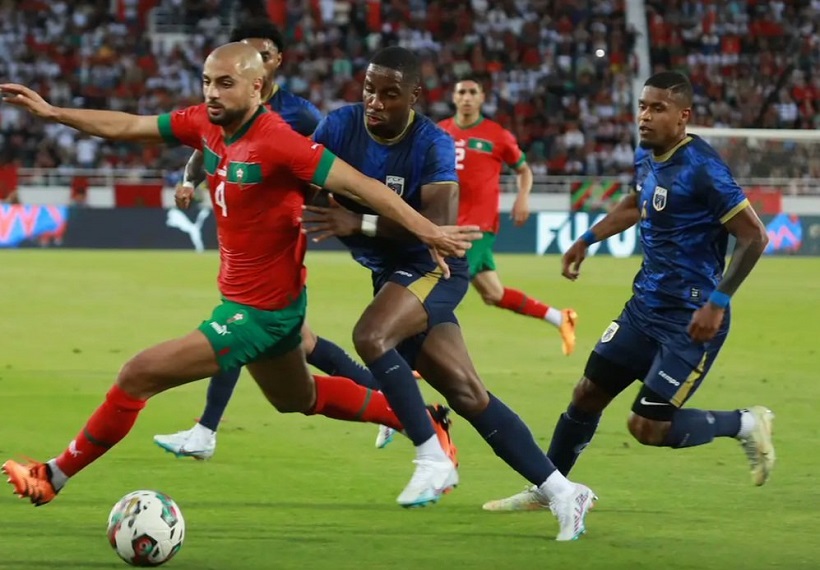We use cookies to help you navigate efficiently and perform certain functions. You will find detailed information about all cookies under each consent category below.
The cookies that are categorized as "Necessary" are stored on your browser as they are essential for enabling the basic functionalities of the site. ...
Necessary cookies are required to enable the basic features of this site, such as providing secure log-in or adjusting your consent preferences. These cookies do not store any personally identifiable data.
Functional cookies help perform certain functionalities like sharing the content of the website on social media platforms, collecting feedback, and other third-party features.
Analytical cookies are used to understand how visitors interact with the website. These cookies help provide information on metrics such as the number of visitors, bounce rate, traffic source, etc.
Performance cookies are used to understand and analyze the key performance indexes of the website which helps in delivering a better user experience for the visitors.
Advertisement cookies are used to provide visitors with customized advertisements based on the pages you visited previously and to analyze the effectiveness of the ad campaigns.

Despite a historic World Cup and a quiet qualification for the next Africa Cup of Nations in Côte d'Ivoire, Morocco are still a team that has a few problems against other African teams. Although they are often technically superior, Walid Regragui's protégés have a great deal of difficulty against teams that are well grouped together. We take a closer look.
Morocco couldn't find the net against a resilient Cape Verde
Morocco-Cape Verde was a pleasant draw (0-0), but a tough one for the Atlas Lions. Walid Regragui's charges were dominant on the whole, but they came up against a well-disciplined Cape Verde side on the pitch at the Complexe Moulay Abdellah in Rabat. For 90 minutes, they were never really able to put the determined and serious Blue Sharks to the sword. But for most observers, the Atlas Lions' performance came as no surprise, as they have often struggled against teams that are tactically well established and willing to be dominated in the game.
In fact, Morocco's best matches at the World Cup were when they were dominated and went on the counter-attack (Belgium, Spain, Portugal). Their only defeat, in the semi-final, was curiously their best in terms of content. But Didier Deschamps' Bleus had clearly understood how to beat the Atlas Lions: they had to accept the pressure and then make the most of their few chances on the counter-attack. Morocco had previously failed to contain Paraguay and Peru in their warm-up matches (0-0 on both occasions).
Hamdallah, another missed opportunity
After the final whistle on Monday evening, many Moroccans blamed the draw against Cape Verde on fatigue accumulated at the end of the season. But on closer inspection, the reality is quite different. Morocco struggled to get round the low, disciplined blocks. Neither Hamdallah nor Ziyech, let alone Louza, were able to create any real danger. New signing Youssef En-Nesyri tried to make his presence felt on aerial balls, but to no avail. For observers, this match gives some idea of what awaits the Atlas Lions in Côte d'Ivoire, hence the need for more friendly matches against continental teams to get used to this type of confrontation.
While the other players have been spared, Abderrazzak Hamdallah has nonetheless suffered the wrath of the fans for his slowness and, above all, his inability to score since his return to the national team. "When you get the chance, you should take it, but I still believe in him. I made a lot of mistakes when I made the starting eleven, and I take full responsibility for that," Walid Regragui tried to reassure the fans.
"Six months to review our game and make progress".
But the coach already seems acutely aware of what lies ahead for his charges in the coming games. "Today's game was difficult and we couldn't find any solutions despite the changes we made," he emphasised, adding that the draw should allow the squad to review its performance and improve for the forthcoming matches.
"In my opinion, we weren't aggressive enough in attack," lamented the coach, adding that his players "lacked intensity and were very wasteful". But the time remaining before the 2023 African Cup of Nations will be used to fine-tune the strategy. "We have six months to review our game and make progress," says Regragui, who is also counting on the return of certain players and possible reinforcements before the African football showpiece. "The most important thing for us is to be ready for the African Cup, and the match against Cape Verde was an opportunity to see some new players and try out a lot of new things," concludes the coach.
"Africa is not Brazil
For one fan polled after the draw with Cape Verde, "all the teams that Morocco will face during the 2023 Africa Cup of Nations will play defensively. Morocco will have to play attacking football to win. For another, "Morocco's strong point remains playing defensively and counter-attacking. Africa is not like Brazil and samba football or tiki-taka...".
Morocco do, however, have the opportunity to put things right against South Africa on Saturday. Regragui is also keen to play some of the top African teams before the Africa Cup of Nations, in order to better prepare his charges for Côte d'Ivoire.